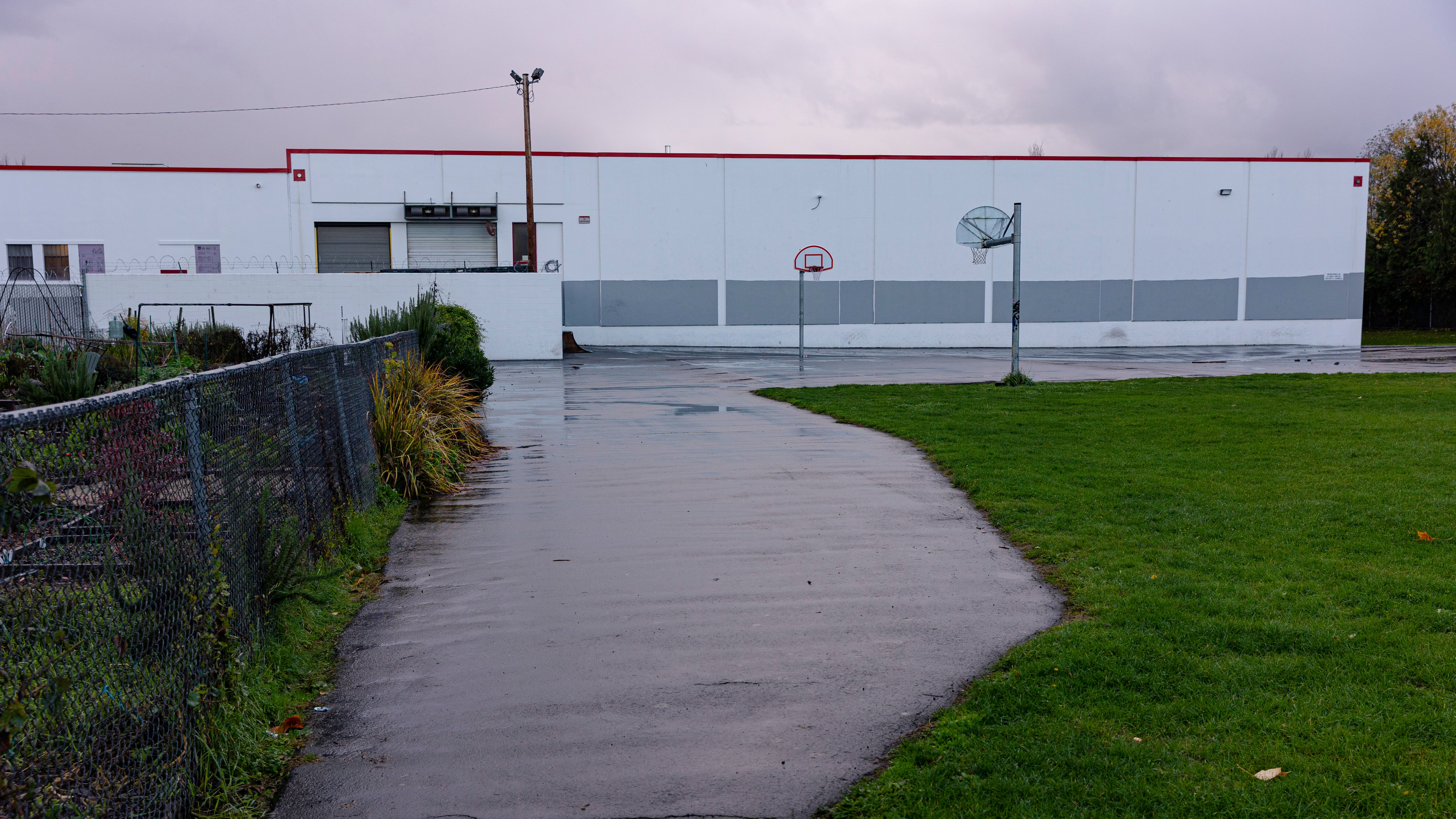Portland-based author and activist Aubrey Gordon has penned an op-ed for The New York Times about fat shaming and growing up during a "war on childhood obesity."
In the new essay, titled "Leave Fat Kids Alone," Gordon recounts personal experiences with pediatricians and family members who began making disparaging comments about her body as early as the fourth grade. She also digs into the history of campaigns against childhood obesity.
"It wasn't a campaign against foods with little nutritional value, or against the unchecked poverty that called for such low-cost, shelf-stable foods," writes Gordon. "It was a campaign against a body type—specifically, children's body types."
For years, Gordon published essays anonymously under the pseudonym Your Fat Friend. But in October, she disclosed her name along with details about her forthcoming first book, What We Don't Talk About When We Talk About Fat. Last month, Gordon also launched a podcast called Maintenance Phase, which delves into this history of diet culture and the wellness industry.
A recent episode of Maintenance Phase does a deep dive into misguided U.S. childhood health programs. Gordon's New York Times op-ed covers some of that ground too, discussing "B.M.I. report cards" and a recent Georgia health campaign that erected billboards around the state with slogans like "WARNING: My fat may be funny to you but it's killing me. Stop childhood obesity."
"Rather than motivating fat people to lose weight, weight stigma had led to more isolation, more avoidance and less support," writes Gordon. "Weight stigma kick-starts what for many will become lifelong cycles of shame. And it sends a clear, heartbreaking message to fat children: The world would be a better place without you in it."
Read the whole article here.
